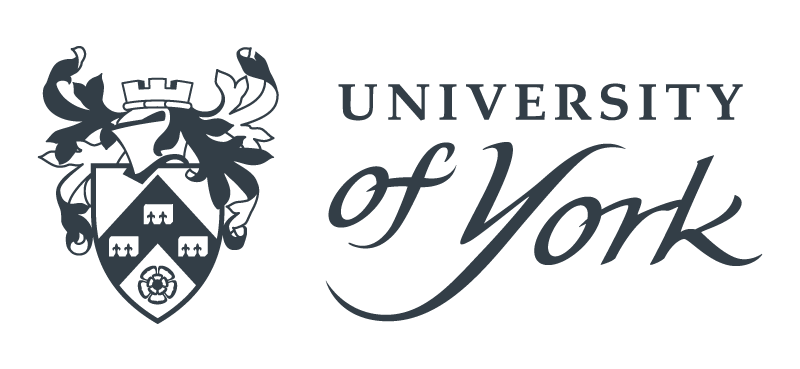Principles: Academic promotion
The following principles apply to all applications:
General principles
1 The University of York promotions process and criteria reward an individual’s contribution to the success of the University in achieving its goals and delivering its strategic objectives.
2 The promotions process is based on principles of equity, fairness and the recognition of an individual’s contribution as a member of academic staff.
3 Colleagues are expected to take an active approach to their own career development, while having access to clear information about the process and criteria as well as to supportive advice.
4 All members of academic staff will be given opportunities to engage in activities that may go towards a case for promotion which is consistent with their contract and with their talents and experience. It is an individual’s positive contribution in their role which will determine whether an application for promotion is successful.
Role of the department
For ease of reading, the terms ‘Department’ and ‘Departmental’ also stand as proxy for formal and informal inter-disciplinary groupings, whether Schools, Inter-Disciplinary Centres (IDCs), Collaborative Doctoral Training Programmes (CDTs), Doctoral Training Programmes (DTPs) or other large-scale collaborative endeavours outside the Department.
5 The Head of Department will consult with other senior departmental colleagues on the annual departmental promotions cycle.
6 The department will actively consider colleagues for promotion who do not put themselves forward.
7 The department will take an active interest in the quality of each application ahead of submission.
8 The department will provide each academic staff member with the opportunity to access career development support.
Equality, diversity and inclusion
9 The Committee takes account of the number of hours part-time staff are contracted to work. Part-time staff are expected to produce work of the same quality as their full-time colleagues, but less in quantity. The Committee recognises that part-time staff may be limited in terms of the academic citizenship they can undertake.
10 Applicants are invited to disclose any disabilities, health conditions or other seriously adverse personal circumstances which may be relevant and wish the Committee to take into account — whether previously disclosed to the University or not — and to explain the impact of these. The Committee will take due account of the impact in assessing applications. It may be necessary for the University to seek further information including general medical advice in relation to the disability described.
11 The Committee takes account of instances where funding arrangements for individual members of staff prevent them from fulfilling some of the criteria (for instance where they have held grants or fellowships restricting their engagement with teaching and/or academic citizenship). In such instances, the overriding principle will be that staff applying for promotion should not be placed at a disadvantage by their success in securing external funding.
How applications are considered
12 Applications will be reviewed against a combination of the following three criteria sets, depending on the contract:
13 Academic excellence lies at the heart of the process and is assessed in terms of both research and teaching, except where contracts are Research only or Teaching & Scholarship (T&S) only. Key elements of academic endeavour include (as appropriate):
- Excellence in one’s own discipline
- Inter-disciplinarity
- Professional and clinical practice
- Artistic performance
14 The supporting documentation is intended as a framework to assist in qualitative assessments of contribution. There is flexibility to allow for roles with differing degrees of emphasis on research, teaching, scholarship and professional practice, and academic citizenship. The following features are highlighted:
14.1 The use of levels in each criteria set. Performance at the levels indicated for each grade represents a continuing and effective performance at that level. Promotion requires the demonstration of successful performance at a higher level (a more significant contribution) as specified in the Promotions Criteria. Once a higher level has been achieved, there is an expectation that performance will continue to encompass, where appropriate, the criteria of the lower levels — the steps are incremental, not mutually exclusive.
14.2 The focus on academic citizenship, which encompasses the multiple demands made on academics to ensure that:
- departments run smoothly, and
- attention is paid to ensuring good external relations with prospective students, prospective employers of our graduates, funding bodies, knowledge exchange partners and the local community
14.3 Detailed criteria are provided but it should be noted at the outset that those seeking promotion from Grade 7 to Grade 8 should not be required to have taken major leadership and management roles (such as Chair of Board of Studies), whereas those seeking promotion to a Readership or Chair should be able to evidence successful leadership and management outcomes.
15 The Committee is interested in the whole career contribution and achievement of applicants, regardless of which institution employed the applicant at the time. However, special regard will be given to contributions and achievements made over the last three years.
16 It is emphasised that submission to the REF is not considered a criterion for promotion.
